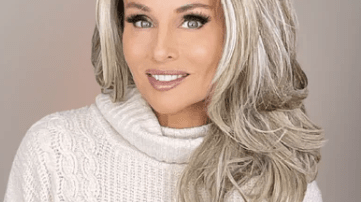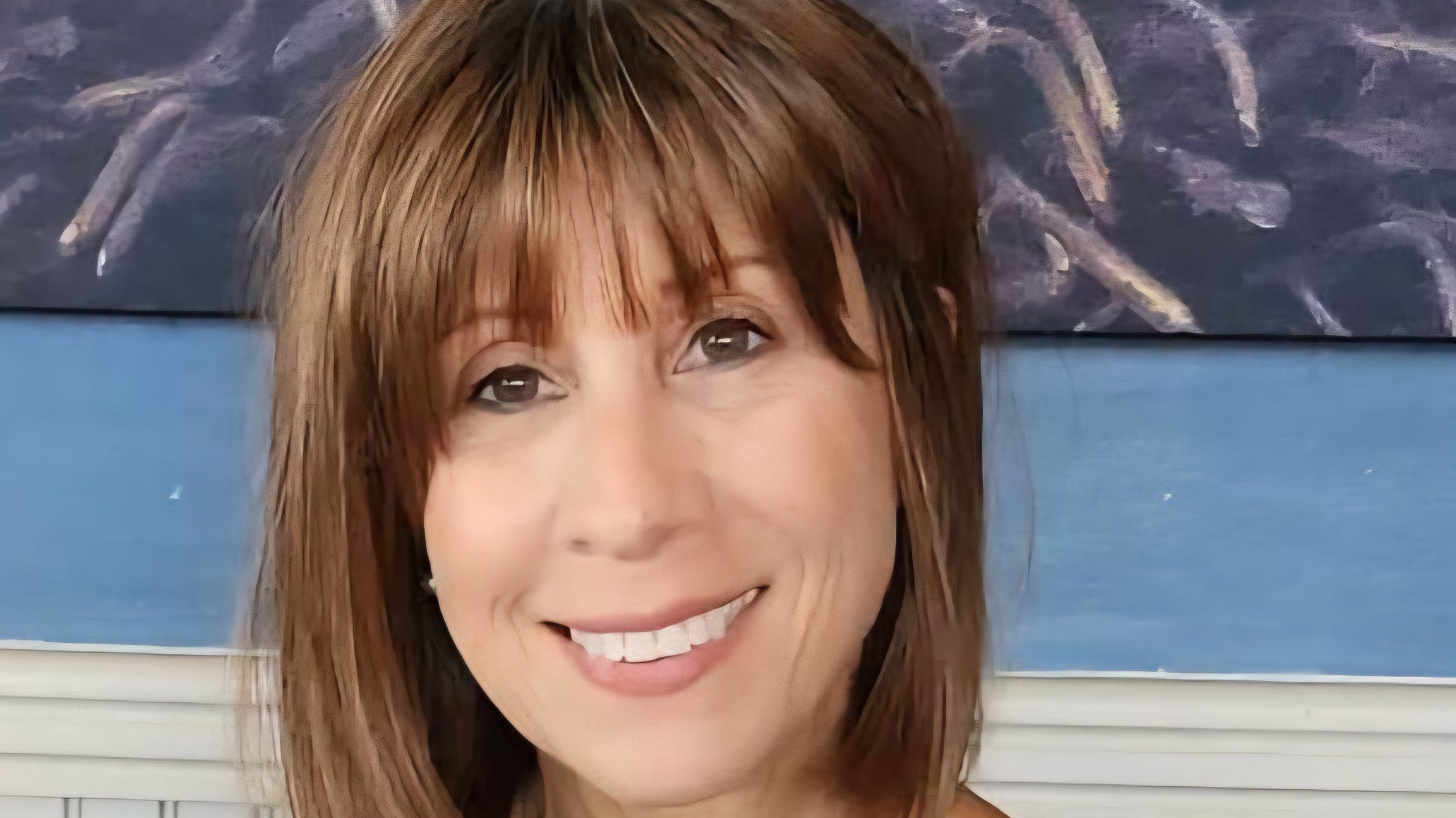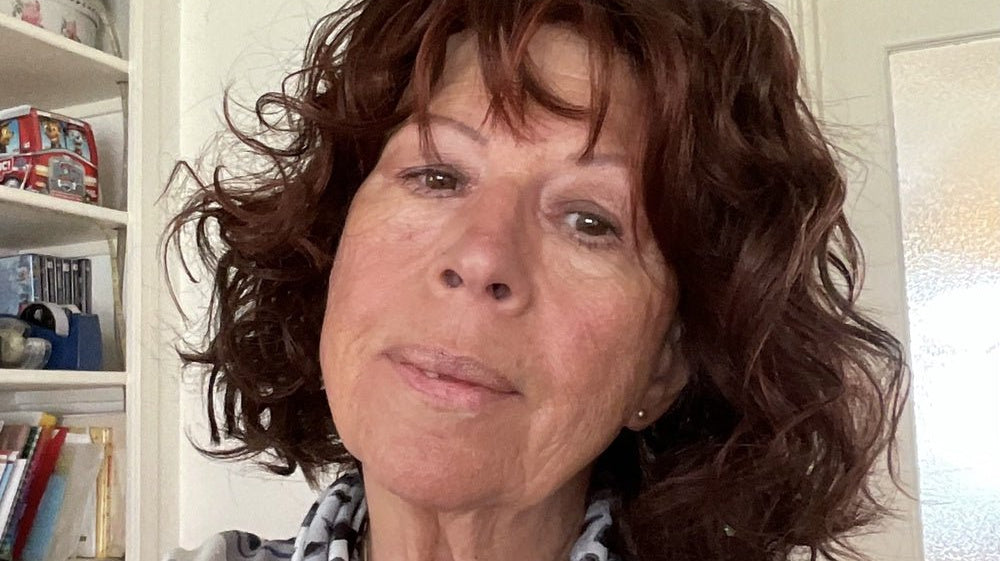Wig Studio 1 News
The -Ber Months Are Here: Cooler Weather, Cozy Styles, and Longer Wigs!
🍁 Embrace the -Ber months with cozy, long wigs perfect for fall and winter! Discover new seasonal styles, timeless classics, and tips to keep your wigs looking flawless all season long. ✨
Alopecia to Acceptance: Ava's Journey With Toppers, Wigs, and Confidence
In this honest and uplifting blog, Ava shares her personal journey through hair loss caused by Alopecia Universalis. What began as patchy hair loss from Alopecia Areata eventually led to complete loss of all body hair. Through toppers, full wigs, and the support of the hair loss community, Ava found not only confidence but a renewed sense of self. Her story is a powerful testament to resilience, self-acceptance, and the unexpected beauty that can come from embracing change.
Lesley’s Hair Loss Journey: Breaking the Silence
Lesley had always been known for her beautiful hair—thick, healthy, and effortlessly stylish. But in her mid-50s, as menopause set in, she began to notice changes. Her once-full hair started thinning, gradually at first, then more noticeably. Like many women in the UK, Lesley found herself facing not just hair loss, but also a wall of silence around it. Conversations were scarce, support was limited, and solutions often felt hidden or hush-hush. Refusing to accept that shame should be part of the process, Lesley began her journey not just to reclaim her confidence, but to challenge the culture of secrecy. Today, she’s on a mission to bring hair loss into the open—one honest conversation at a time.








